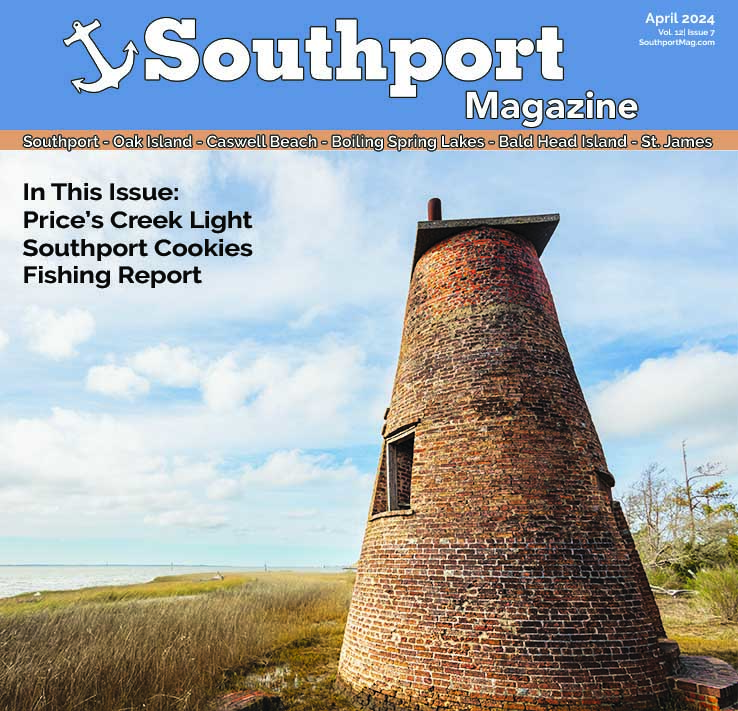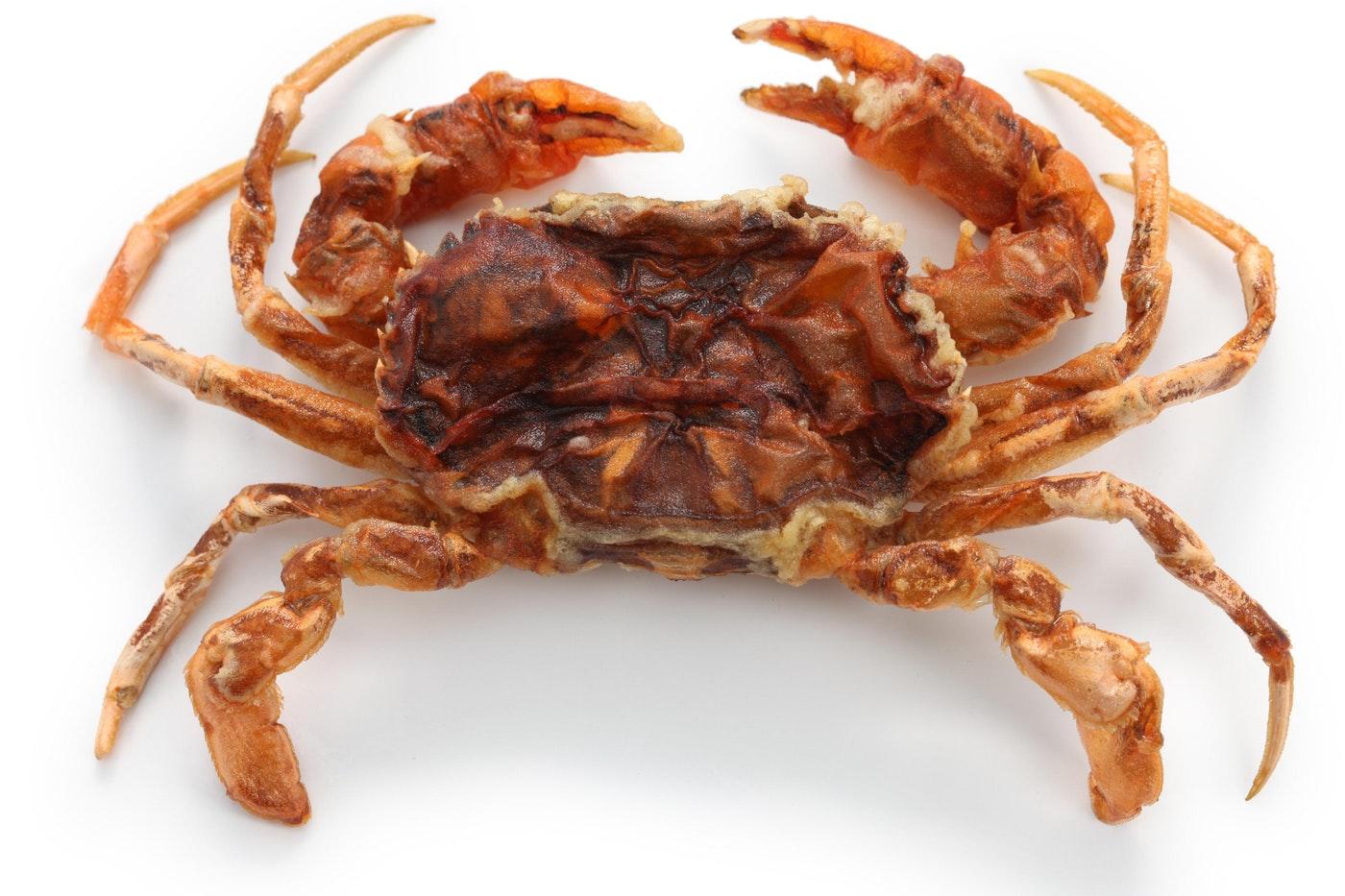Poison Control!

Poison Control for Fury Friends
BY: LESLEY RESCHLY RN, BSN
As a nurse in the ER, I was always amazed at the substances that toddlers would choose to ingest when let out of sight or allowed to wander away from your direct supervision, the same is true of our furry friends! While all pets provide a special place for your heart to rest, this column will focus on primarily dog and cat health this month. Birds, donkeys, fish, snakes etc. are all loved members of the family but just not as popular in number of incidences reported, related to poisoning and safety.
So many substances are present in your home or outside environment that can be potentially dangerous to your pet. It is very important to remember that your pet comes from a different scientific genus and species therefore can not enjoy the same foods, drinks, medications, organic products etc. that you enjoy due to their different composition.
ASPCA.org is an excellent resource. First and foremost, please be advised that the ASPCA runs a Poison Control Hotline for pets. The telephone number is 888-426-4435. This is your first source for assistance–especially if you know what substance has been ingested–as they are available 24 hours per day and 365 days per year. While it may be prudent to reach out to your local vet, you can obtain valuable information promptly from this source. They also have a phone app as well. Fine print indicates there may be a $65 charge. The ASPCA web site provides a list of toxic and non-toxic plants that scrolls for pages as well as information on foods and substances. Overwhelmed with info, I sought the expertise of local veterinarian, Alyssa Travis, DVM, VMA from River Road Animal Hospital for wisdom related to local poisoning occurrences treated during her 10+years in the community.
Symptoms seen in animals can vary depending on the substance ingested. Typically, your pet may experience vomiting, diarrhea, difficulty breathing, abnormal urination, salivation, weakness or seizures but overall, you will know that this is not your “typical” pet behavior. The challenge comes in determining just what that animal “got into”. Dr. Travis and her staff emphasized that trying to determine the substance, though often difficult, is certainly helpful if you are willing to share the possibilities. For example, recreational drugs pose a hazard to your animal. If your dog ate your child’s friend’s brother’s marijuana, please report this, as the principles of confidentiality will remain in effect. The quicker you can determine possible substance ingested, the faster the treatment can be initiated.
Although she has treated a wide-range of animal poisonings, Dr. Travis shared what typically presents in our area. For dogs, Sago Palms ingested can cause a bleeding gastroenteritis leading to liver failure and death. In cats, lilies of all varieties pose a risk to the point that inhaling pollen can cause kidney failure. Mushrooms, which typically sprout in yards, as well as grapes growing on vines, can present hazards. She notes the common fallacy that Poinsettias, while causing vomiting etc., do not typically kill your animal.
Every attempt should be made to keep your pet away from the following substances: coffee, coffee grounds and chocolate.
These products contain methylxanthines which can cause heart and neurological issues. Poisoning is dose related based on the size of the dog, amount and type of chocolate. Dark/bittersweet chocolate is more hazardous than milk or white chocolate.
Fatty foods, gravy, alcoholic beverages, spicy foods, bones and raw meat. Ingested cocktails can lead to coma or death from respiratory failure.
Prescription or OTC medications including those used topically. For example pain, blood pressure, heart medications, Non-Steroidal anti-inflammatory drugs, diabetic medications or even topical arthritis type of medications are not for your animals. Guard them safely and dispose of them properly. Of note, a discarded used Fentanyl pain patch in the trash can be licked or ingested by your pet.
Supplements and natural/organic products not intended for use on animals. An organic substance deemed effective for humans can be hazardous to your pet. Coconut oil causes extreme diarrhea and associated symptoms and coconut water is very high in potassium. Essential oils can be toxic. Tea Tree oil causes liver failure and paralysis. Garlic often used to control fleas can cause severe anemia.
Foods containing Xylitol. This sweetener is used in a variety of products including candy/gum, baked goods and toothpaste. Ingestion by your animal leads to a drop in blood sugar levels, vomiting, lethargy, seizures, liver failure then death. Of importance, this is often being added to Peanut Butter…a treat typically safe for pets.
Miscellaneous things to consider include Gorilla glue which expands, fabric softener sheets, and antifreeze.
While the opportunities for harm seem overwhelming, the health of your pet can be maintained by being vigilant and providing close supervision with prompt response in case of accidental ingestion. Remember that your fury friend does not have the same ability to process substances that you do! Detective work may be necessary to determine the cause of changes in your pet. Check with your vet if you have questions regarding use of any substance, medication or foods prior to use!
ASPCA Poison Control Hotline for pets – 888-426-4435
Alyssa Travis, DVM, VMA –
River Road Animal Hospital
8593 River Road SE
Southport, NC 28461
Phone: 910-454-8910
Fax: 910-454-8912
Email: River Road Animal Hospital











Leave a Reply